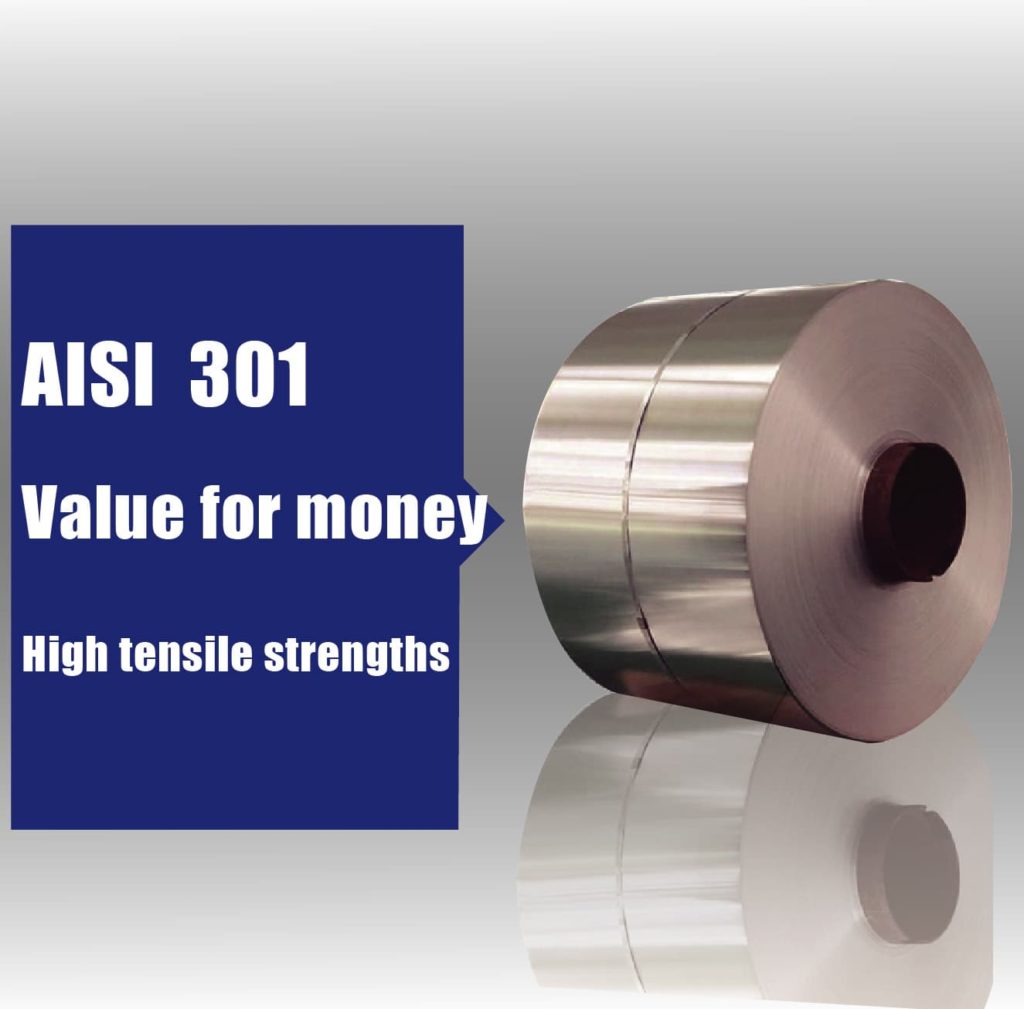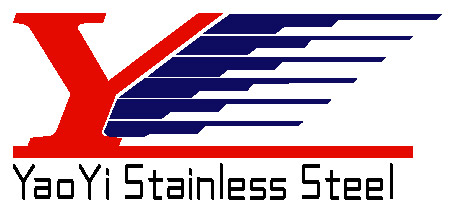No. 429, Yangguang Road, Yinzhou District, Ningbo, Zhejiang, China P.C.: 315175
No. 429, Yangguang Road, Yinzhou District, Ningbo, Zhejiang, China P.C.: 315175

301 stainless steel coil represents one of the most versatile and widely used materials in modern manufacturing. This austenitic chromium-nickel alloy offers an impressive balance of corrosion resistance, formability, and strength that makes it indispensable across numerous industries. As demands for reliable, high-performance metals continue to grow, 301 stainless steel coil remains a top choice for engineers, fabricators, and product designers worldwide.
This comprehensive guide explores everything you need to know about 301 stainless steel coil – from its unique properties and common applications to sourcing considerations and market trends. Whether you’re a seasoned professional or new to working with stainless steel materials, this resource will provide valuable insights to inform your material selection and procurement decisions.
301 grade stainless steel coil belongs to the austenitic family of stainless steels, containing approximately 16-18% chromium and 6-8% nickel. This composition gives it excellent corrosion resistance while maintaining good workability. The material features:
Unlike some other grades, 301 stainless steel coil can be hardened through cold working rather than heat treatment. This makes it particularly suitable for applications requiring both formability and final strength.
While 301 stainless steel strip and coil formats share identical chemical compositions, they differ primarily in their delivery form. 301 stainless steel coil comes in continuous rolled lengths wound into coils, making it ideal for high-volume, automated manufacturing processes. Strips, by contrast, are typically cut to specific lengths from coils.
The coil format offers several advantages:
Cold rolled 301 stainless steel coil undergoes a specialized manufacturing process that significantly enhances its mechanical properties. The cold rolling procedure typically involves these key steps:
Through cold rolling, the material’s yield strength can increase by up to 400%, making cold rolled 301 stainless steel coil particularly valued in applications requiring thin yet strong components.
301 stainless steel coil finds extensive use across multiple sectors due to its versatile performance characteristics:
The automotive industry extensively utilizes 301 stainless steel coil for:
Its excellent formability allows complex parts to be stamped while maintaining structural integrity.
In aerospace applications, 301 stainless steel coil provides:
The high strength-to-weight ratio makes it particularly valuable for weight-sensitive applications.
301 stainless steel coil appears in numerous household products:
The material’s corrosion resistance and attractive finish make it ideal for consumer-facing products.
Manufacturing and industrial sectors rely on austenitic stainless steel coil like 301 grade for:
When selecting a stainless steel 301 coil supplier, consider these critical factors:
For those wondering where to buy 301 stainless steel coil online, several options exist:
When purchasing online, verify the supplier’s reputation through reviews, industry certifications, and material test reports.
301 stainless steel coil typically comes in these standard configurations:
Tighter tolerances are available for specialized applications but generally increase costs.
Surface finish significantly impacts both appearance and performance of 301 grade stainless steel coil:
The price of 301 stainless steel coil varies based on several factors:
For cost-effective procurement, consider:
301 stainless steel coil continues to be a cornerstone material in modern manufacturing due to its exceptional combination of formability, strength, and corrosion resistance. By understanding its unique properties, applications, and sourcing considerations, you can make more informed material decisions that balance performance requirements with economic factors.
Whether you’re designing new products, upgrading existing applications, or simply looking to optimize your material procurement process, partnering with a knowledgeable stainless steel 301 coil supplier provides significant advantages. These specialists can offer technical guidance, custom processing options, and reliable delivery to support your specific needs.
Ready to incorporate 301 stainless steel coil into your next project? Contact qualified suppliers to request material samples, detailed specifications, and competitive quotes. By comparing options and leveraging the information in this guide, you’ll be well-positioned to select the ideal material solution for your application requirements.
For more information about related stainless steel products, explore our guides on 304 stainless steel coil, 316 stainless steel sheet, and specialized finishes for stainless steel applications.
Fill out the form below and we will contact you as soon as possible!

Together & Make the world more durable.
© All Rights Reserved.